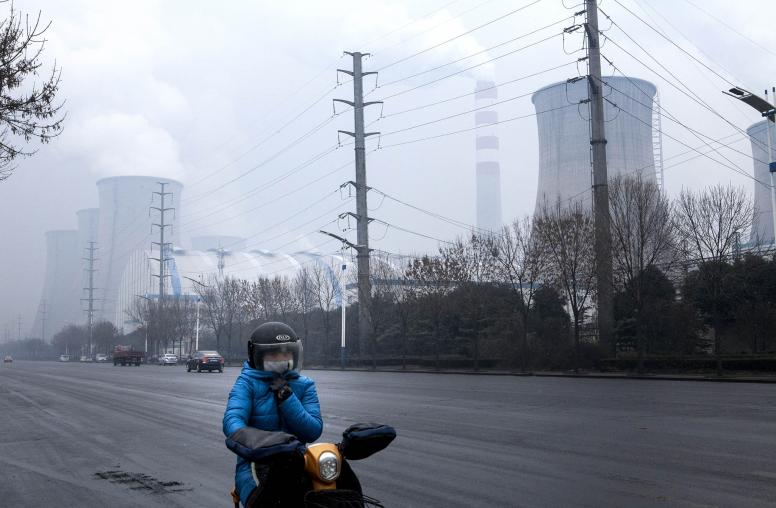An Uphill Battle: Counter-Narcotics Issues and Policies During Afghanistan's Transition
A Discussion with Minister of Counter-Narcotics and Other Senior Afghan Government Officials
U.S. Institute of Peace hosted a public discussion with Afghan Minister of Counter-Narcotics, Minister Zarar Ahamad Muqbel Osmani, on the state of counternarcotics issues and policies in Afghanistan. A panel discussion followed with Governor Wesa of Kandahar, Governor Naeem of Helmand, Governor Kupalwak of Farah, and Deputy Minister of the Interior Ahmadi.

As Afghanistan continues to navigate its future, the constant challenge of the opium economy and drug industry continues to plague the Afghan people and their leaders.
U.S. Institute of Peace, in coordination with the U.S. Department of State, hosted a public presentation by Afghan Minister of Counternarcotics, Minister Zarar Ahamad Muqbel Osmani, on the outlook for opium in Afghanistan, issues and problems that are expected to arise, and prospects for counternarcotics policies in the coming years. Minister Osmani's presentation was followed by a discussion with Governor Tooryalai Wesa of Kandahar Province, Governor Mohammad Naem Baloch of Helmand Province, Governor Akram Kupalwak of Farah Province, and Deputy Minister of the Interior Maz Mohammad Ahmadi on challenges they face in their regions on counternarcotics and law enforcement issues.
Welcoming Remarks by Jim Marshall, President, U.S. Institute of Peace
Presentation by Minister Zarar Ahamad Muqbel Osmani, Ministry of Counternartcotics
Panel Discussion on Specific Regional and Law Enforcement Issues Featuring:
- Deputy Minister Baz Mohammad Ahmadi, Ministry of the Interior
- Governor Tooryalai Wesa, Kandahar Province
- Governor Mohammad Naem Baloch, Helmand Province
- Governor Akram Kupalwak, Farah Province
Moderated by William Byrd, Afghanistan Senior Expert, U.S. Institute of Peace
Question & Answer Open Discussion



